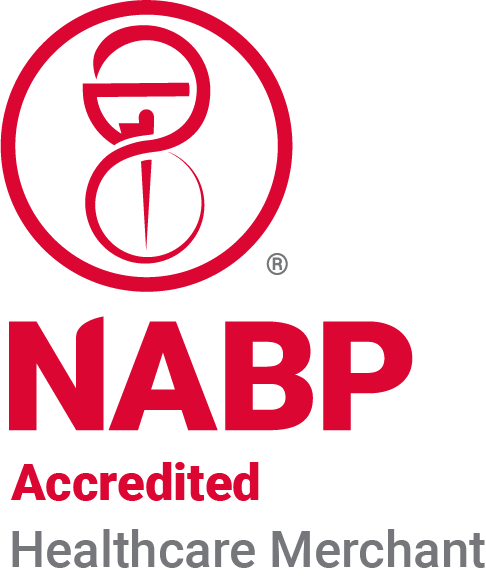Providing Quality & Trust || Clinic Website
Mexiletine HCl Oral Suspension
Wedgewood Pharmacy
$128.00 - $235.50
$128.00 Each
Detailed Description
Mexiletine: HCl Oral Suspension
Mexiletine is a Class 1B, sodium channel blocker, anti-arrhythmia drug that is used to treat chronic ventricular arrhythmias in the dog. The mechanism of action is similar to lidocaine. Mexiletine is used to treat ventricular arrhythmias including PVC’s and ventricular tachycardia. If an animal has responded well to lidocaine during an acute episode, it is likely to respond well to mexiletine. Mexiletine is well-absorbed orally and has a bioavailability of approximately 85%. It is primarily excreted in the urine although approximately 10% is metabolized by the liver and excreted in the feces. The half-life of this drug may be prolonged in animals with reduced cardiac output, or after an acute myocardial infarction. The half-life may also be prolonged in animals with hepatic dysfunction or severe kidney disease.
Mexiletine may be prescribed for:
- Heart Disease
- V-Tach
- Ventricular Tachycardia
- Heart Disease
One of the dosage forms available for Mexiletine is Oral Suspension. Wedgewood Pharmacy’s oral suspensions and solutions are a familiar and convenient dosage form. Oral suspensions and solutions can be administered directly into the mouth using a dosing syringe or mixed with a small amount of food. They offer a wide range of flavoring options, and flexible dosing adjustments.
Prescribed For:
- Dogs
- Cats
Dogs:
The most commonly used oral drugs for the chronic treatment of ventricular arrhythmias are atenolol, sotalol, procainamide, amiodarone, and mexiletine. Mexiletine may be combined with either atenolol or sotalol in instances when monotherapy is not adequate. Mexiletine may be used to treat inherited cardiomyopathy in Boxers and dilated cardiomyopathy in Doberman pinschers. A positive response to therapy would be an 85% reduction of ventricular premature contractions. The complete elimination of ventricular arrhythmia is not considered a realistic goal.
Side Effects:
- The most-common side effects are related to the GI tract including nausea and vomiting. Giving food with mexiletine has been shown to decrease the incidence of GI side effects.
- Other possible side-effects include central nervous system signs such as dizziness, loss of balance and trembling, shortness of breath, and cardiac signs including PVCs or chest pain.
- Rare side-effects reported in humans include seizures, and bone-marrow suppression.
Precautions:
- Mexiletine should be used with extreme caution in animals with the following conditions: 2nd or 3rd degree AV heart block, intraventricular conduction abnormality, sinus node function abnormality, cardiogenic shock, congestive heart failure, myocardial infarction, liver dysfunction, hypotension, or seizure disorders.
Drug Interactions:
- Concurrent use with lidocaine increases the likelihood of adverse effects.
- There are a number of drugs that may cause drug interactions either through changing the rate of absorption or changing the rate of metabolism of mexiletine. This list includes: antacids, atropine, opiates, cimetidine, griseofulvin, metoclopramide, phenobarbital, phenytoin, primidone, rifampin, theophylline.
- Drugs that change urinary acidity may affect the renal excretion of mexiletine. These drugs include methionine, ammonium chloride, potassium phosphate, sodium phosphate, citrates, sodium bicarbonate, and carbonic anhydrase inhibitors.

Powered by nopCommerce
This site is running in live payment mode. Real payments will be processed.

